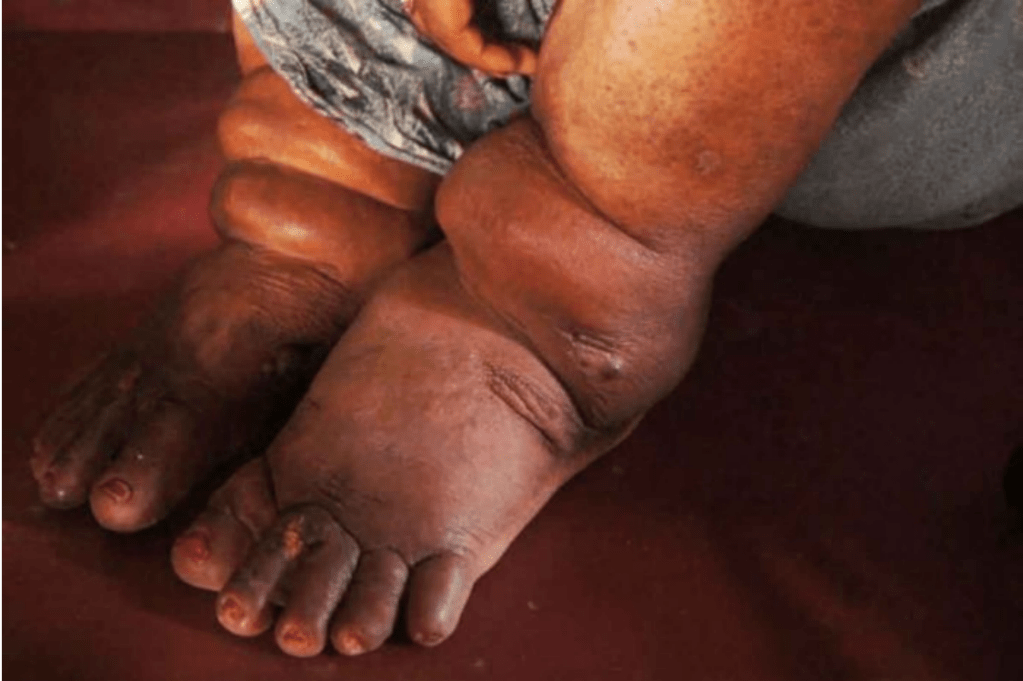By Chinmayi Venkatram, BA candidate, University of Pittsburgh and participant in the 2019 Institute for Public Health Summer Research Program – Public & Global Health Track
Dr. Gary Weil, Professor, Department of Medicine, Division of Infectious Diseases, spoke to the students in the Institute for Public Health Summer Research Program, about the research he has conducted on lymphatic filariasis, a neglected tropical disease, as well as his educational background.
Lymphatic Filariasis is a parasitic disease caused by three species of microscopic, thread-like worms, which habit the human lymph system. This is the system that maintains the body’s fluid balance and fights infections. This disease spreads from person to person by mosquito bites. According to the Centers for Disease Control and Prevention, this neglected tropical disease affects over 120 million people in 72 countries throughout Asia, Africa, the Western Pacific and parts of the Caribbean and South America.
According to Dr. Weil, many of the neglected tropical diseases cause morbidity and disability rather than mortality. He even mentioned the social stigma behind lymphatic filariasis, how the swelling and hardening of the skin can prevent affected people from getting married or getting a job. It was shocking to hear the number of the people that are affected and that many of these diseases already have interventions that can be implemented or can be controlled or eliminated with medication at a very low cost.
Recently, the project team showed that the triple-drug combination (IDA) is superior to the standard two-drug combination for treating filariasis and is equally as safe and accepted by people. Dr. Weil said that the next steps in the project are to conduct implementation research in selected countries for this intervention and also explore the safety and efficacy of IDA in treating onchocerciasis. The mention of implementation science research made me excited because it is my area of focus for the summer. I am currently working with a researcher who specializes in dissemination and implementation science research. I have learned how important this field is to translating evidence-based practices into real-life public health settings in order to get the care people deserve.
Dr. Weil ended the lecture talking about his educational background. It was particularly interesting when he talked about his anthropology background and the research he did as a student. He emphasized the role mentorship, hard work and luck played in his career development and interests. Looking at how successful Dr. Weil is now, it is almost impossible to imagine ourselves being in his place years from now. His advice for us was to be persistent, create networks and seek mentors at every stage of our career– something I will definitely keep in mind especially as a part of this summer research program.
